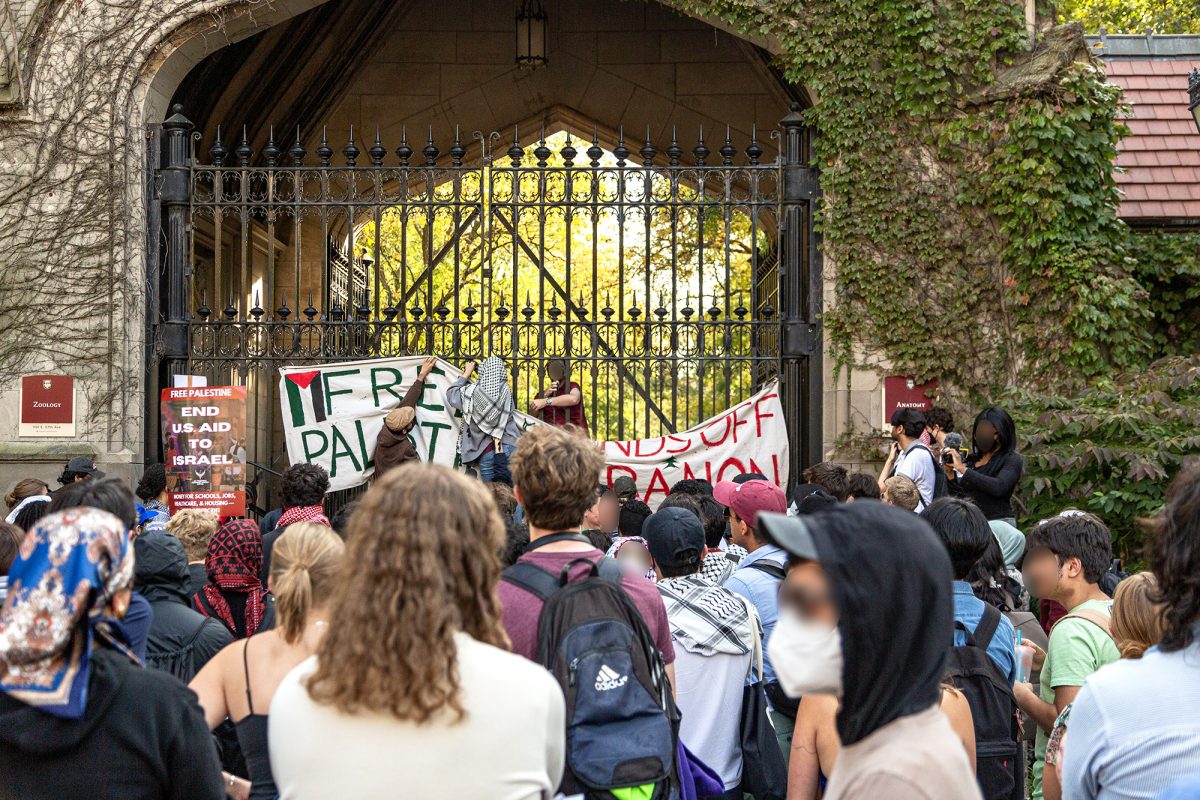A discussion at the Seminary Co-Op on Tuesday examined the life of programmer and Internet hacktivist Aaron Swartz and the larger evolution of copyright law.
The talk was led by Justin Peters, author of The Idealist: Aaron Swartz and the Rise of Free Culture on the Internet. The event was co-sponsored by UChicago Careers in Journalism, Arts, and Media (UCIJAM).
Swartz was a computer programmer involved in the creation of the sharing website Reddit. He was also social activist instrumental in the formation of the Progressive Change Campaign Committee, a political action committee affiliated with Massachusetts Senator Elizabeth Warren.
Swartz was indicted by federal authorities in 2011 for illegally downloading thousands of academic documents from JSTOR, an online academic journal database. In January 2013 he hanged himself in his Brooklyn apartment at the age of 26.
Peters presented Swartz as one of many nonconformists who challenged notions of copyright and intellectual property (IP).
“Throughout American history, and I will assume, sort of, world history too, there are always these flashpoint figures, right? People who take it upon themselves to harangue the general public to care about IP and its implications.”
He discussed Noah Webster, who, after attempting to publish spelling and grammar textbooks in the 1780s, lobbied on behalf of creating copyright infrastructure.
He continued the discussion with the story of Michael Hart. Hart redefined what information could be accessed through the internet, and beginning in the early 1970s spent several years typing up public domain works and publishing them as free eBooks. His effort, Project Gutenberg, is widely considered to be the first digital library.
Peters then spoke about Aaron Swartz, the subject of The Idealist. By the time Swartz was in eighth grade, he had won an award for creating a data-hyperlinked online encyclopedia that could be edited by anyone just a few months before Wikipedia launched.
Peters later talked about how Swartz became particularly distressed by the fact that libraries in developing countries struggle to pay for access to scholarly databases. In 2008, Swartz wrote “Guerilla Open Access Manifesto,” which advocated that those with access to scholarly documents should share them on the Internet for free on ethical grounds.
Lastly, Peters discussed Swartz’s legacy and expressed concern about how large technology companies have grown in size and influence. He said he worries about the government’s use of technology to monitor the habits of its citizens and the citizens of other countries.
“I would hope that Aaron’s legacy is something that reminds us all on a regular basis of the merits of looking inside black boxes. Of the merits of curiosity.”








